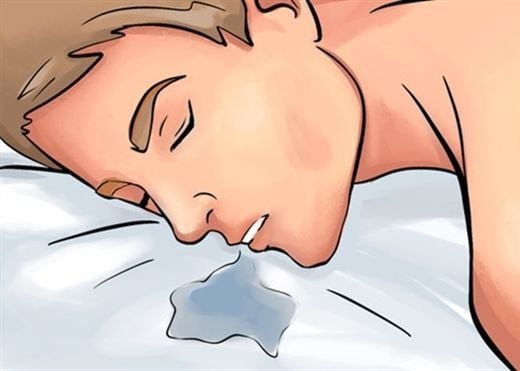Why You Drool While Sleeping: Causes, Health Implications, and Scientific Explanations

Waking up to find saliva on your pillow might feel embarrassing or strange, but it’s actually more common than you think. Drooling during sleep, or nocturnal sialorrhea, is something many people experience occasionally.....CONTINUE READING THE FULL STORY HERE
According to science, it’s not always a sign of illness, but rather the result of how your body is positioned, how deeply you’re sleeping, and what’s going on neurologically.
One of the most common reasons you drool at night is sleeping on your side or stomach. These positions allow gravity to pull saliva out of your mouth if it’s slightly open.
When you’re in a deep sleep, especially during REM (Rapid Eye Movement) phases, your muscles relax, including those that normally keep your mouth closed and control saliva.
Another reason might be nasal congestion. When your nose is blocked, you tend to breathe through your mouth, increasing the chance of drooling. Additionally, people who suffer from acid reflux, allergies, or neurological issues like Parkinson’s may also experience excessive drooling.
Some medications and even stress can increase saliva production or affect muscle control. In most cases, drooling is harmless.
But if it’s persistent and excessive, it may be worth speaking to a doctor, especially if it disrupts your sleep or affects your confidence.
